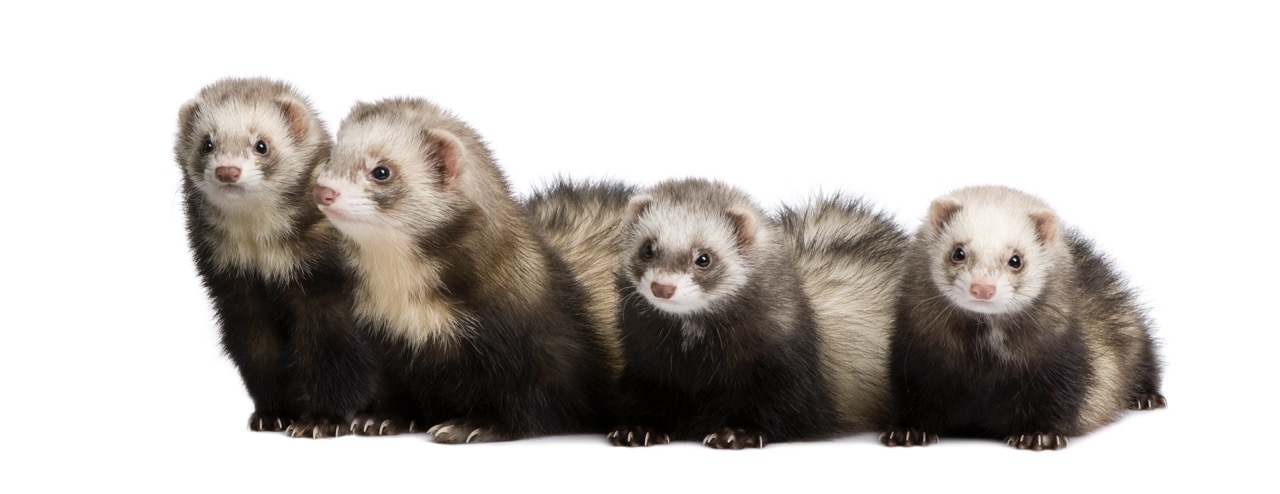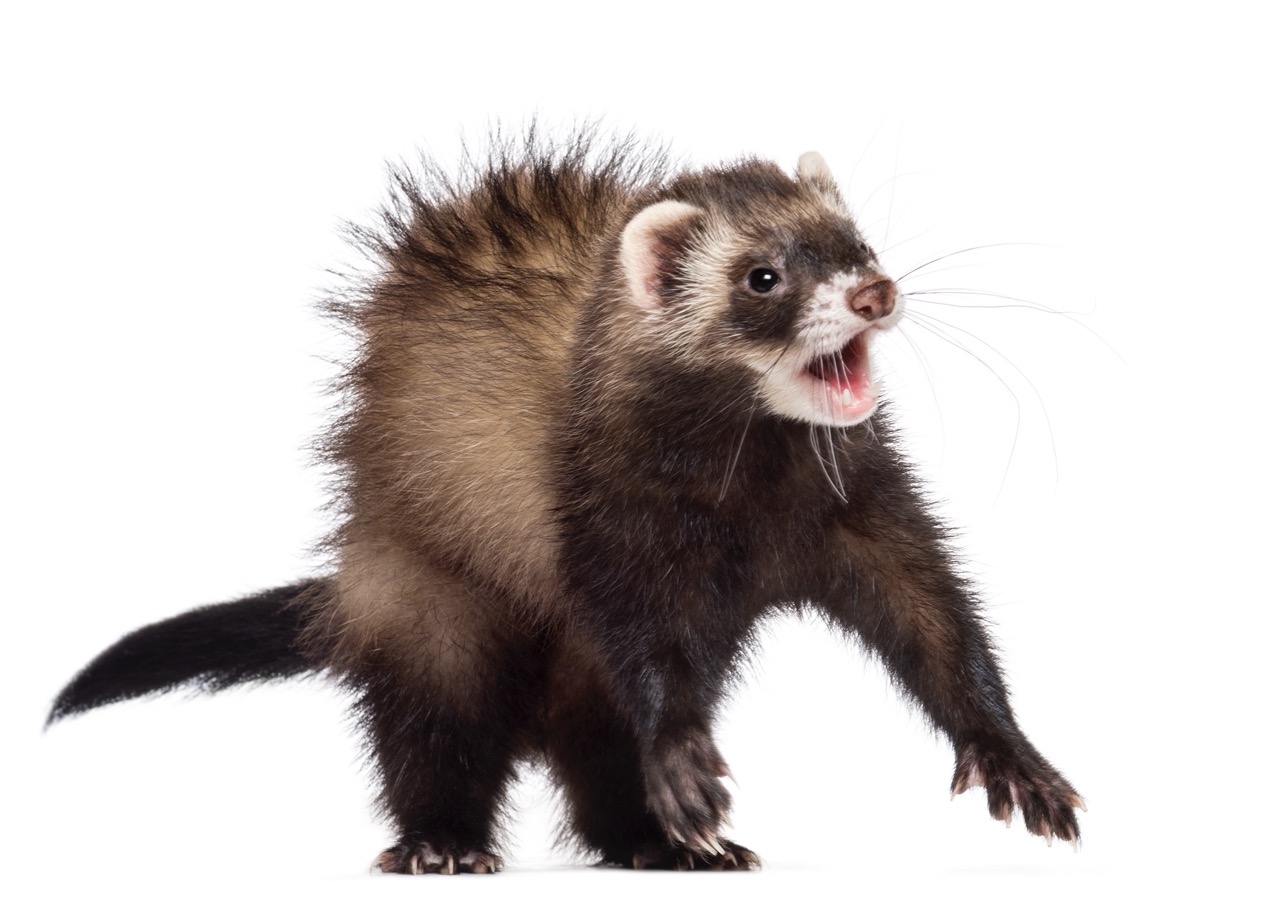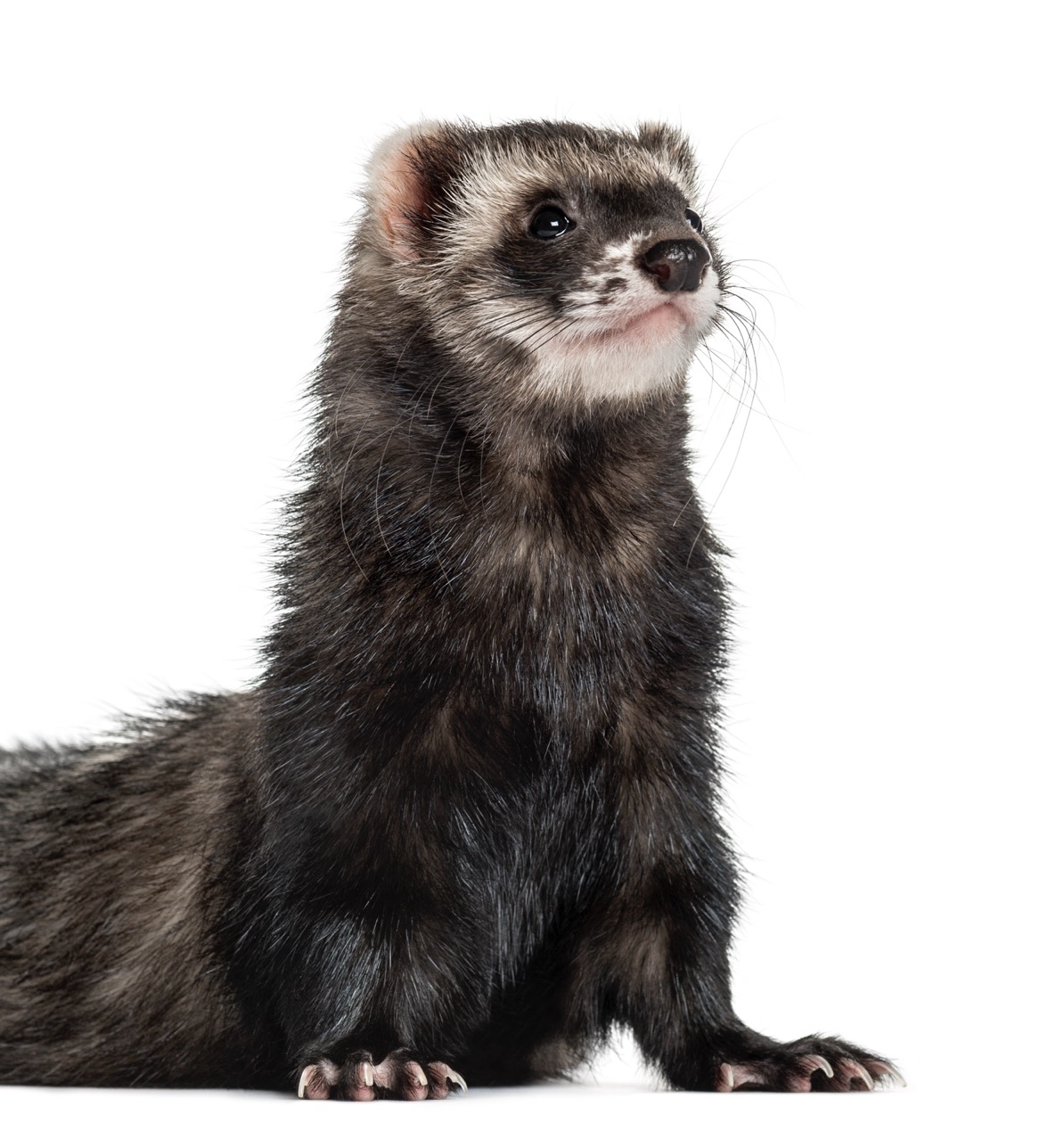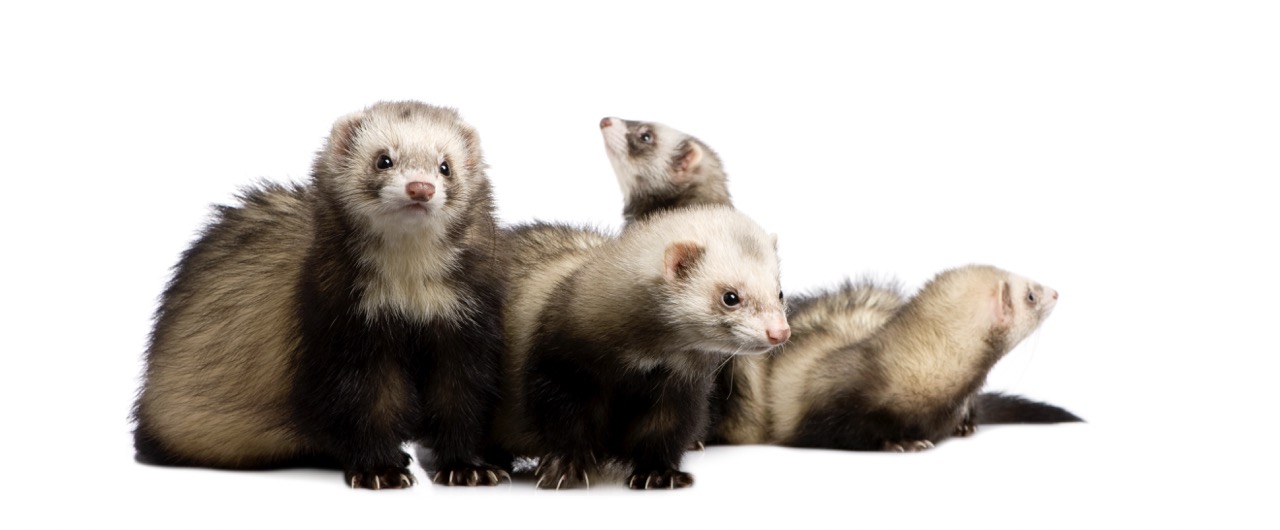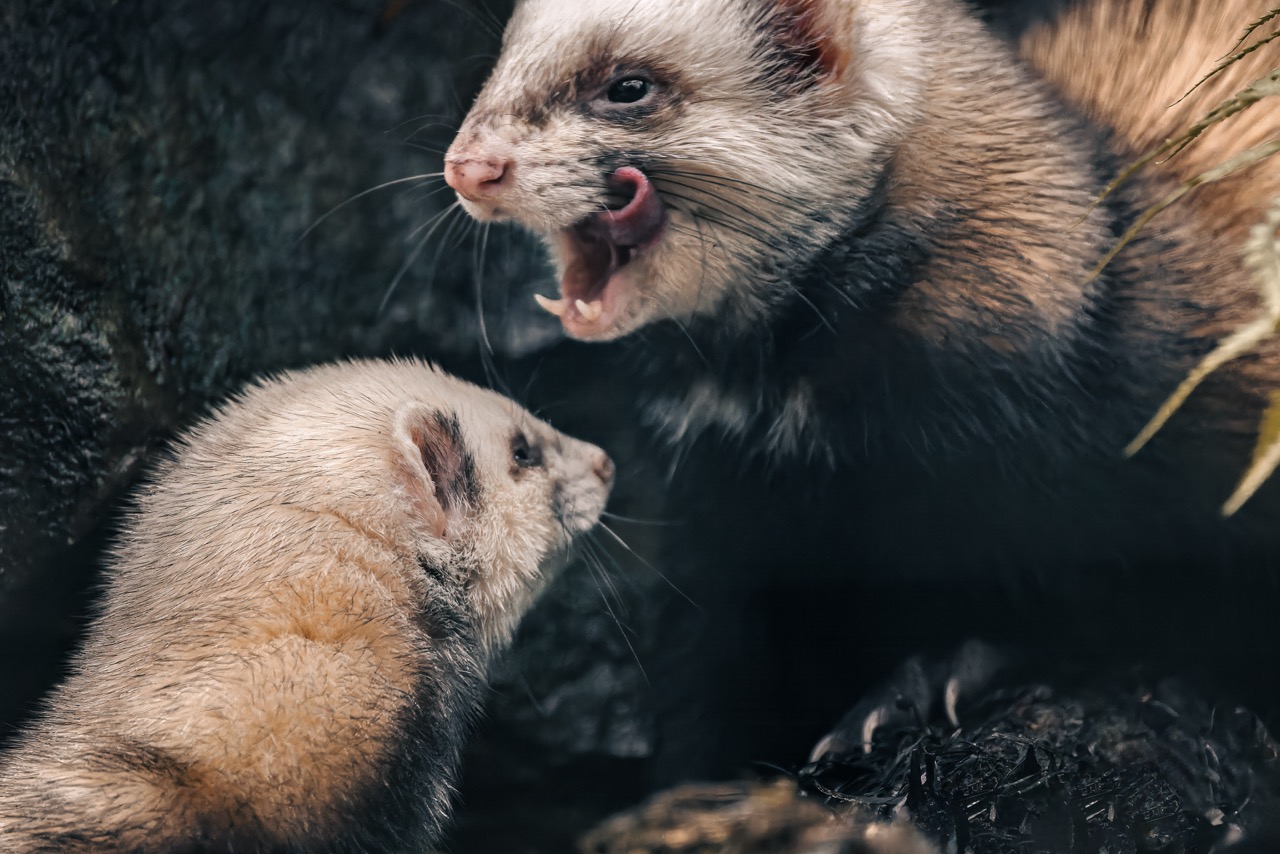Ferrets are playful and curious creatures that require a specialized diet to thrive. As obligate carnivores, their nutritional needs differ significantly from those of other popular pets like dogs or cats. Understanding what constitutes a proper diet for your ferret is crucial for their long-term health and well-being. In this article, we will delve into the essential components of a balanced diet for ferrets, outline common dietary mistakes to avoid, and provide tips for feeding and caring for your furry companion effectively.
Understanding Ferret Nutritional Needs for Optimal Health
Ferrets, like cats, are obligate carnivores, which means their bodies are designed to derive most of their nutrients from animal-based proteins. Unlike herbivores or omnivores, ferrets lack the necessary enzymes to process carbohydrates efficiently, making it vital to focus on high-protein, low-carbohydrate diets. A diet rich in animal proteins not only promotes healthy muscle growth but also supports their energetic lifestyle, which includes lots of play and exploration.
In addition to protein, ferrets require specific fats in their diet. These fats are essential for providing energy, maintaining a healthy coat, and supporting overall bodily functions. Ferrets benefit from a fat content of around 15-20% in their diet, primarily sourced from animal fats. A proper balance of protein and fats will ensure your ferret remains active and healthy, with a shiny coat and robust energy levels.
Water intake is another crucial aspect of a ferret’s dietary needs. Ferrets need constant access to fresh, clean water, as they can dehydrate quickly, especially if their diet is dry kibble. Ensuring your ferret is well-hydrated will support their digestion and overall health. Regularly monitoring your ferret’s water bowl and encouraging fluid intake is a simple yet effective way to ensure they remain healthy.
Essential Components of a Balanced Ferret Diet
When crafting a balanced diet for your ferret, the primary ingredient should be high-quality animal protein. Look for ferret-specific kibble or cat food that lists a meat source as the first ingredient. Ideal protein sources include chicken, turkey, or fish, as these provide the essential amino acids that ferrets require. Additionally, premium commercial diets are formulated specifically for ferrets and often contain a blend of meats, ensuring your pet receives a well-rounded nutritional profile.
Alongside protein, raw or cooked meat can be offered as a supplementary food item. Treats such as raw chicken wings, small rodents, or whole prey can mimic a ferret’s natural diet in the wild. This not only adds variety to their diet but also engages their hunting instincts, contributing to their mental stimulation. However, ensure that any raw meat is sourced from reputable suppliers to avoid the risk of pathogens.
It’s also important to incorporate small amounts of organ meats, such as liver, into your ferret’s diet occasionally. Organ meats are nutrient-dense and provide essential vitamins and minerals that contribute to overall health. However, due to their richness, they should only be fed in moderation to prevent digestive upset. By balancing high-quality protein, raw meat, and organ meats, you can create a nutritious and satisfying diet for your ferret.
Common Dietary Mistakes to Avoid with Ferrets
One of the most common mistakes ferret owners make is feeding their pets food that is not designed for obligate carnivores. Some pet owners may mistakenly believe that a diet rich in grains, fruits, or vegetables can suffice for ferrets. However, such foods can lead to serious health issues, including insulinoma, obesity, and digestive problems. Always choose high-protein, low-carbohydrate foods that meet a ferret’s unique nutritional needs.
Another common error is overfeeding or offering too many treats. While it’s fine to give occasional treats, especially high-protein options, they’re best kept to a minimum to avoid imbalanced diets. Portion control is crucial when feeding ferrets, as they can easily become overweight if allowed to graze freely on their food. Establishing a regular feeding schedule and providing measured portions will help maintain a healthy weight and prevent obesity-related illnesses.
Lastly, neglecting to provide fresh water can have severe consequences for a ferret’s health. Dehydration can lead to urinary tract infections and other health issues. Ensure your ferret’s living area is equipped with easily accessible water bowls or water bottles, and monitor their water intake regularly. Keeping your ferret hydrated is just as vital as providing them with a balanced diet.
Tips for Feeding and Caring for Your Ferret Properly
Establish a consistent feeding schedule to help regulate your ferret’s eating habits. Ferrets are creatures of habit and tend to thrive on routines. Feeding them at the same times each day will not only help you monitor their intake but also promote healthy digestion. Aim for two to three meals a day, adjusting portion sizes according to their age, activity level, and overall health.
Be mindful of transitioning your ferret to new foods gradually. Sudden changes can lead to digestive upset, which can be particularly dangerous for small animals like ferrets. Introduce new foods slowly over several days, mixing them with their current diet to allow their digestive systems to acclimate. This approach also helps you assess their reactions to new ingredients before fully committing to a new diet.
Lastly, always consult your veterinarian if you have any concerns about your ferret’s diet or health. Regular check-ups will help ensure that your ferret maintains a healthy weight, receives necessary vaccinations, and is free from common health issues. A vet experienced with ferrets can provide tailored dietary recommendations, address specific health concerns, and guide you in creating the best diet plan for your furry friend.
Feeding a ferret may seem daunting at first, but understanding their unique nutritional needs and dietary preferences will go a long way in ensuring their health and happiness. By focusing on a high-protein, low-carbohydrate diet and avoiding common pitfalls, you can provide a balanced and nutritious diet that enhances their quality of life. Remember that proper hydration and routine veterinary care are crucial components of your ferret’s overall well-being. With the right care and consideration, your ferret will thrive, bringing joy and companionship into your life.






